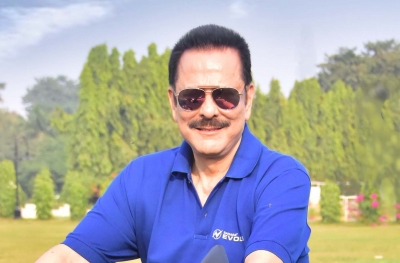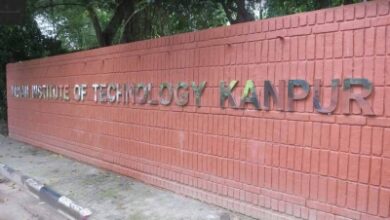SC Sets Aside Patna High Court Orders Against Businessman Subrata Roy

New Delhi, July 14: The Supreme Court on Thursday set aside the orders of a judge of Patna High Court, who acted without jurisdiction, ordering the appearance of businessman Subrata Roy Sahara and also asked for a plan to return the money to the investors.
A bench comprising Justices A.M. Khanwilkar and J.B. Pardiwala said the high court should exercise caution in deciding matters and not decide on unrelated matters. “Here, the high court kept anticipatory bail pending and issued notice to third parties (to appear before court)…That in our opinion is impermissible and cannot be countenanced. The high court has exceeded its jurisdiction…,” said the bench.
The top court emphasized that the high court should not have initiated recovery proceedings in an anticipatory bail application matter, as it set aside the high court orders.
The bench added that it has no doubt that enquiry must be limited to facts relevant to the concerned application, which has come before the court and no attempt should be made to inquire into matters relating to the third party, beyond the scope of complaint/FIR in question. “Such transgression is beyond the scope of the application…”, noted the bench.
On July 13, during the hearing on the matter, Justice Khanwilkar said, “From my limited experience of 22 years as a judge I can say this order has gone beyond its jurisdiction. It was not a PIL which the high court was hearing. It was a Section 438 proceeding (under the Code of Criminal Procedure) for anticipatory bail.”
The bench said the high court should not have started recovery proceedings, rather considered only grant of anticipatory bail.
Justice Pardiwala wondered how the high court passed an order seeking Roy’s presence before it, when he was not an accused in the anticipatory bail case heard by the court.
The bench further remarked that if a sessions court were to pass such an order, then the high court would have come down heavily on it. The bench added that the high court should not have emphasised on Roy’s presence.
On May 13, the top court stayed the high court’s direction. It had also stayed a February 11 order by the high court directing to add Sahara Credit Cooperative Societies Limited and Roy as opposite parties to a bail petition pending before it and later, directed him to personally appear before it.
The high court on April 27 had directed Roy to personally appear before it. Roy moved the top court against the high court orders.






